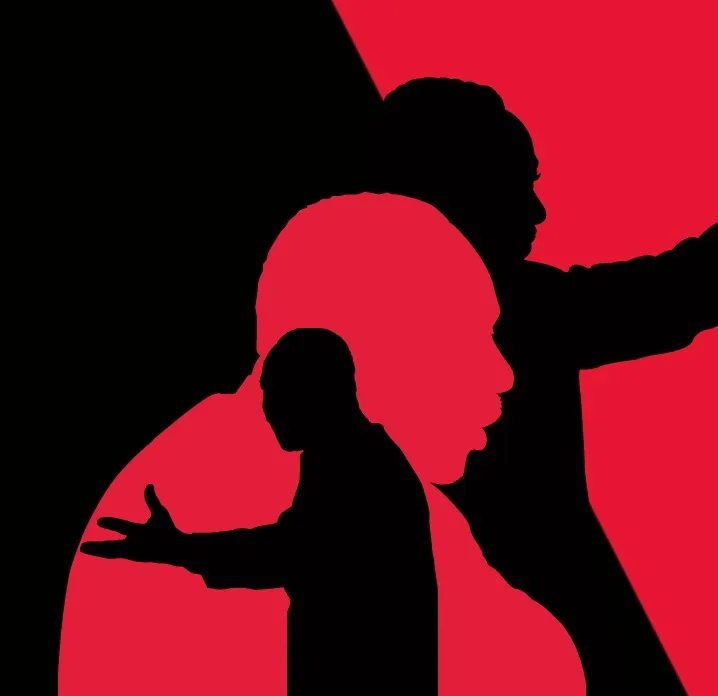“
“I am an invisible man. No I am not a spook like those who haunted Edgar Allen Poe. Nor am I one of your Hollywood movie ectoplasms. I am a man of substance, of flesh and bone, fiber and liquids – and I might even be said to possess a mind. I am invisible, simply because people refuse to see me.”
This is the first line from one of my favorite books -Invisible Man, by Ralph Ellison.
I was asked to talk a little about what motivates me to do the work I do. First, let me briefly describe what my organization, the St. Louis Minority Business Council, does. Basically, we are a non-profit economic development organization that is dedicated to creating a climate in the business community that will make purchasing from Minority Business Entrepreneurs (MBEs) a normal corporate practice. We work to create a user-friendly business climate that will increase business opportunities for minority firms as well as enhance economic development in the bi-state region.
Now a little bit about what motivates me to do this work…
I was born and raised in Memphis, TN and one of my first memories was the events of the spring of 1968.
February 1, 1968, Memphis, TN. The Memphis press covered the birth announcement of Lisa Marie Pressley, who was born at 5:01 pm. Also, that same day Echol Cole and Robert Walker were pronounced dead at John Gaston Hospital.
I would guess that many of you have heard of Lisa Marie Presley, but not many have heard of Echol Cole and Robert Walker.
The bodies of Mr. Cole and Mr. Walker were crushed in the back of a garbage compressor truck that malfunctioned while they sought shelter from the rain. City rules did not allow them to seek shelter from rain anywhere but the back of their trucks.
The death of these two men led to the 1968 Memphis sanitation workers strike. The “I Am a Man” posters from that strike are now iconic symbols of the civil rights movement and summed up the basic message behind the movement, that is very similar to the “black lives matter” movement of today.
What these sanitation workers were saying was that they were human beings and worthy of being treated with the same dignity as any other person, regardless of their skin color.
If you know your history, you know that Dr. King came to Memphis during that spring to support these workers in their quest to be recognized as deserving of basic human rights and dignity.
One ideal that was a basis for much of Dr. King’s work was, what he referred to as the “Beloved Community.” One of his ministry goals was to create a “beloved community.” He said this would “require a qualitative change in our souls as well as a quantitative change in our lives.”
This new place/community would be a place where new relations come into being between the oppressed and the oppressor, the powerful and the powerless. It would be characterized by redemption and reconciliation, where we live together as “brothers in a community, and not continually live with bitterness and friction.” He concluded that within the beloved community “poverty, hunger, homeless are not tolerated because our standards of human decency and flourishing will not tolerate it.”
I believe one of the best ways to combat community poverty and economic disparities is through helping minority businesses to expand and grow. I believe that if we can build a more equitable regional economy, the entire region will benefit. But it begins with seeing the “invisible.”
In a song to support the RED campaign to fight against AIDS in Africa, the boys from Dublin – U2 – released a song that proclaims the same sentiment of seeing those who are seemingly invisible, but who as Ellison would put it have “substance, of flesh and bone, of fiber and liquids.” I would conclude with the chorus from the song:
I’m more than you know
I’m more than you see here
More than you let me be
I’m more than you know
A body in a soul
You don’t see me but you will
I am not invisible
“
